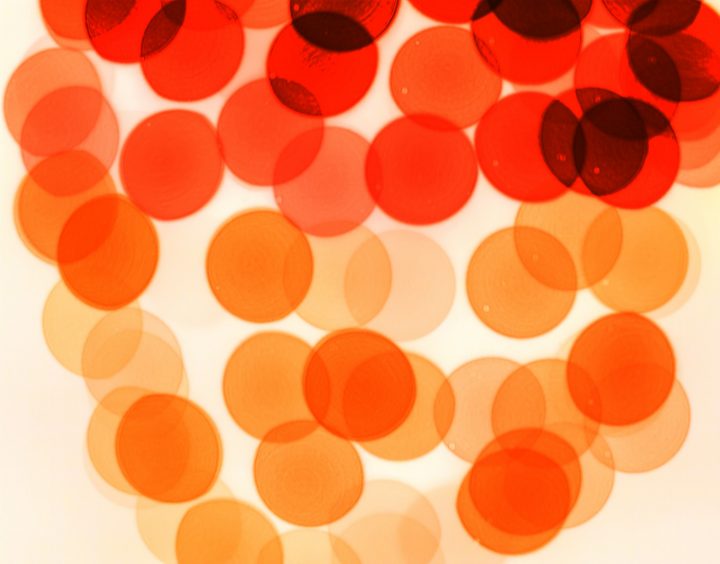Study Links Pro-Inflammatory Molecules and Immune Response to Hemophilia A Clotting Treatment

A major complication in scientists’ efforts to treat hemophilia A by replacing a missing or defective clotting factor is an immune response to the treatment.
Researchers have discovered a connection between the body’s production of pro-inflammatory molecules known as cytokines and its immune response to clotting factor VIII therapy. They used a mouse model of hemophilia A in their work.
The study appeared in the journal Human Gene Therapy. Its title is “A Retrospective Study of Cytokine Profiles Changes in Mice with FVIII Inhibitor Development after Adeno-Associated Virus-Mediated Gene Therapy in a Hemophilia A Mouse Model.”
Hemophilia A is caused by missing or defective factor VIII, also known as FVIII.
Although scientists have made important progress in treating the disease, the immune response that the body can generate against a factor VIII therapy remains a complication. The response limits the body’s own production of FVIII, plus the efficiency of any protein-replacement or gene-replacement therapy aimed at increasing FVIII production.
Researchers created a mouse model of hemophilia A by deleting the gene that generates FVIII.
Their first step in trying to understand how the immune response to factor VIII treatment works was giving the hemophilia A mice a human FVIII gene. The team then compared the levels of pro- and anti-inflammatory molecules that the mice’s immune cells generated.
They discovered that the mice had developed a full-blown immune response to FVIII treatment by week 8 of the study. At that point, they compared the mice’s production of pro- and anti-inflammatory molecules at weeks 2 and 8.
Their key finding was that at week 8 the mice were producing higher levels of pro-inflammatory molecules than at weeks 2, when their immune response to FVIII had yet to become full-blown. The molecules included interleukin (IL)-1, IL-6, tumor necrosis factor (TNF)-alpha, and monocyte chemoattractant protein-1.
An interesting finding was that the levels of anti-inflammatory TGF-beta actually dropped at week 2 in mice with and without a gene that could generate FVIII.
Another finding was that the peak of FVIII production occurred at week 2. Researchers also found a correlation between levels of pro-inflammatory IL-6 and TNF-α and immune response to FVIII treatment. An additonal finding was that the more time that passed after the administration of the clotting-factor-generating gene therapy, the higher the levels of the two molecules.
“Overall, pro-inflammatory [cytokines], together with the decreased anti-inflammatory cytokine of TGF-β at an early time point, may contribute to the persistent inflammatory environment in favor of an immune response toward FVIII inhibitor development,” the researchers wrote.
“Immune responses represent an important limitation to gene therapy for hemophilia,” Dr. Terence R. Flotte, a professor of medical education who is the journal’s editor-in-chief, said in a press release.
The study “begins to address factors that may predispose certain individuals to mount a greater immune response against the therapeutic protein produced by the gene therapy vectors and thus benefit less from the therapy,” Flotte added.





